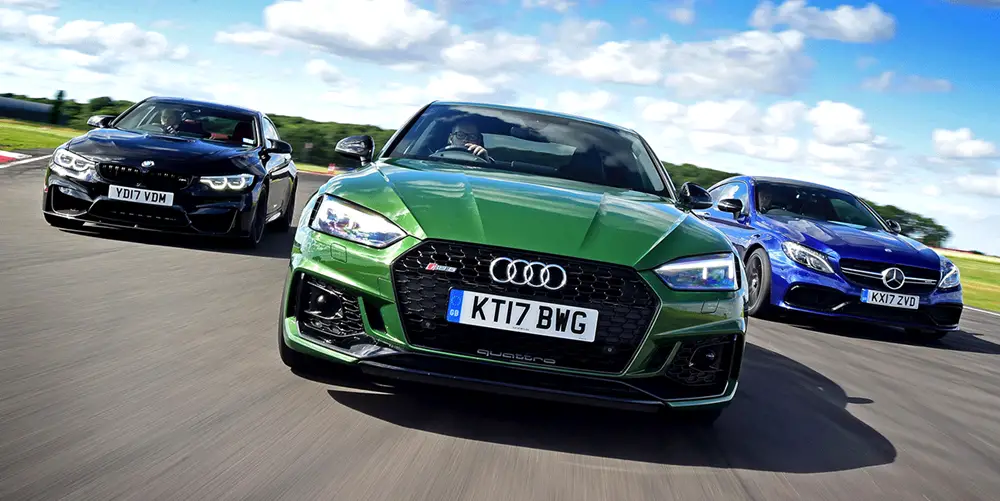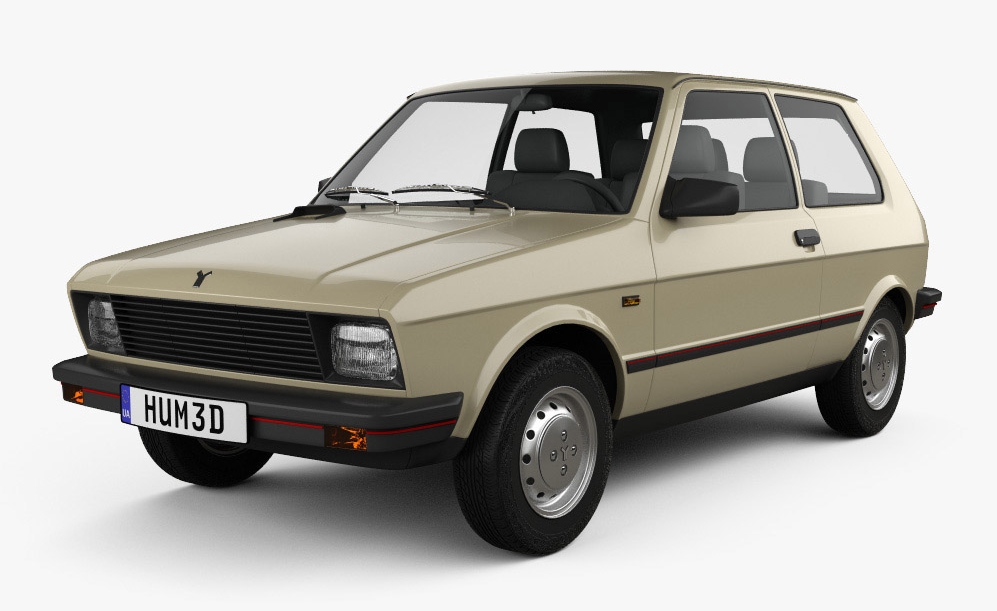Introduction: Why Japanese Car Brands Still Dominate the Roads
Japanese car brand—say it out loud and a dozen reliable, road-hugging names pop into your head, right? That’s not a coincidence. Japan has been one of the most dominant forces in the global auto industry for decades. In fact, Japan ranked among the top 3 car-producing countries in the world in 2023—delivering millions of vehicles globally.
Also read: KN Car Brand: Exploring the Luxury Vehicle Lineup That’s Challenging European Competitors
As a mechanic with 25+ years of grease-under-the-nails experience, I can tell you this: Japanese vehicles rarely come back to the shop for the big stuff. Regular oil changes? Sure. Engine replacements? Hardly. These brands build machines that last.
Let’s roll through every major Japanese car brand—from the iconic giants like Toyota and Honda to the under-the-radar workhorses like Isuzu and Daihatsu. Each one brings something unique to the table. Whether you’re shopping, comparing, or just here for the car love, I’ve got you covered.
Also read: Korean Car Brand Buying Guide: Which Manufacturer Is Right for You?
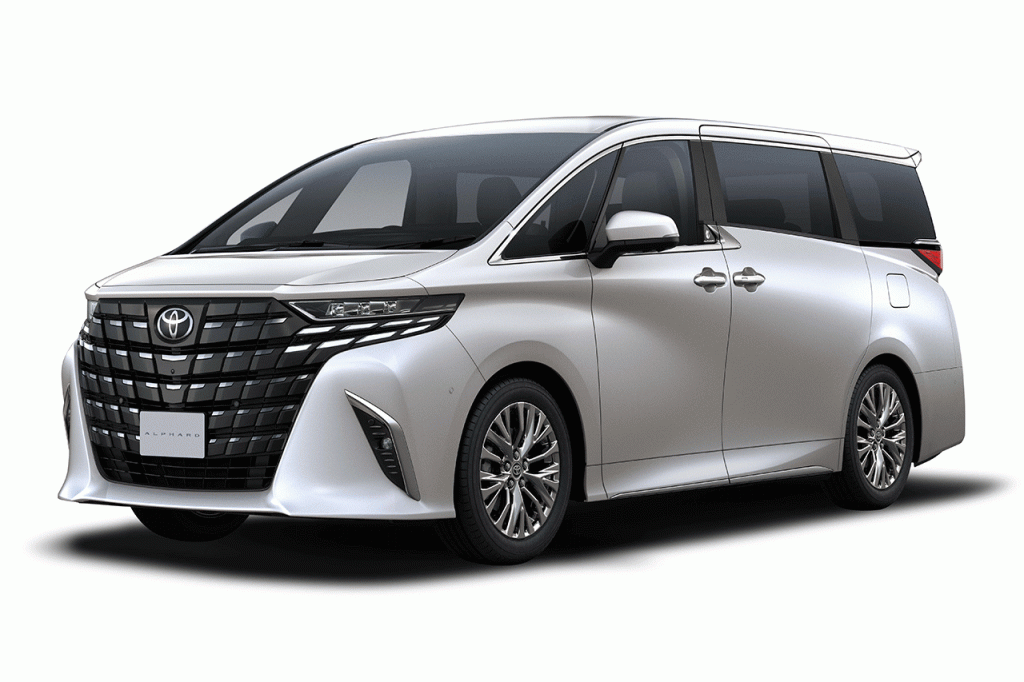
Toyota: The Gold Standard of Reliability
- Global leader in car manufacturing
- Known for models like Corolla, Camry, RAV4, and Tacoma
- Pioneered hybrid tech with the Prius
- Combines affordability, durability, and low maintenance
- Expanding into electric vehicles (bZ4X)
Founded in 1937, Toyota has grown into a global giant and remains the undisputed leader among Japanese car brands. Known for its legendary reliability, Toyota has built a reputation that stretches across continents, generations, and lifestyles.
Iconic models like the Corolla, Camry, RAV4, and Tacoma continue to dominate their segments. The Corolla is one of the best-selling vehicles of all time, while the Camry is a perennial favorite for families and commuters alike. The RAV4 consistently tops SUV sales in North America, and the Tacoma is a go-to for those seeking a rugged, midsize pickup.
As a Japanese car brand, Toyota pioneered hybrid technology with the groundbreaking Prius, which redefined fuel efficiency and environmental awareness. Today, the brand is expanding into electric mobility with innovative models like the bZ4X, its bold step into the EV future.
Toyota isn’t just Japan’s biggest car brand—it’s arguably the most trusted car brand on the planet. Walk into any auto shop and ask the mechanics what brand they’d drive personally, and chances are you’ll hear “Toyota” more than any other.
Part of what makes Toyota such a respected Japanese car brand is its perfect blend of affordability, durability, and low maintenance costs. Whether you’re a college student buying your first car or a business owner managing a fleet, Toyota delivers peace of mind.
With consistent innovation, legendary engineering, and a focus on customer trust, Toyota continues to raise the bar—not just for other Japanese car brands, but for the global auto industry as a whole.

Honda: Dependability Meets Driving Fun
- Began as a motorcycle company in 1948
- Flagship models: Civic, Accord, CR-V, Odyssey
- Renowned for fuel efficiency and long engine life
- Advanced hybrid offerings (Accord Hybrid, Insight)
- Performance models like Civic Type R and NSX
What started as a motorcycle company in 1948 has grown into one of the most beloved names in the automotive world. Honda is a Japanese car brand that consistently delivers dependability with a surprising dose of driving excitement.
Flagship models like the Civic, Accord, CR-V, and Odyssey have become household names for good reason. Whether you’re a first-time buyer or a seasoned driver, there’s a Honda that fits your needs. The Civic is iconic among compact cars, while the Accord blends sophistication and longevity like few sedans can. The CR-V is a standout in the SUV space, and the Odyssey remains a top-tier family minivan.
As a Japanese car brand, Honda is well-known for its fuel efficiency, low emissions, and incredible engine longevity. You’ll regularly see Civics and Accords pushing 300,000+ miles with little more than regular maintenance. I’ve personally worked on Hondas that hit 400,000 miles without ever needing a major engine rebuild—now that’s dependability.
Honda also knows how to keep driving fun. Performance models like the Civic Type R and the iconic NSX show that a Japanese car brand can offer speed and precision without sacrificing reliability. These vehicles prove you don’t have to choose between excitement and peace of mind.
When it comes to the future, Honda isn’t lagging behind. Their advanced hybrid lineup—including the Accord Hybrid and the Insight—demonstrates a commitment to sustainable mobility. With fully electric models on the horizon, this Japanese car brand is evolving right alongside the industry.
From commuter cars to performance beasts, and hybrids to minivans, Honda’s reputation is well-earned. It’s not just a car—it’s a long-term partner on the road. Few brands can match Honda’s blend of practicality, innovation, and reliability.

Nissan: Innovation in Every Segment
- Known for models like Altima, Rogue, Sentra, and Leaf
- One of the first mass-market EV makers (Nissan Leaf)
- Offers sports models like the 370Z and GT-R
- Balances affordability and modern features
- Expanding EV lineup with Ariya SUV
Known for models like the Altima, Rogue, Sentra, and the groundbreaking Leaf, Nissan has carved out its own identity as a Japanese car brand that delivers versatility and innovation. It was one of the first automakers to bring electric vehicles to the mainstream with the Nissan Leaf, a pioneer that made EVs accessible and practical.
Nissan balances affordability, tech-forward features, and sporty design across its lineup. Whether you need a family sedan, an adventurous SUV, or a high-performance machine, this Japanese car brand has something for everyone. The 370Z and GT-R prove Nissan’s passion for performance is alive and well.
More recently, Nissan is stepping deeper into the EV world with the Ariya, a sleek, all-electric SUV designed to challenge expectations in range and refinement. As a Japanese car brand, Nissan hits the sweet spot between Toyota’s utility and Mazda’s thrill factor.
Versatile, edgy, and constantly evolving—Nissan deserves your attention.
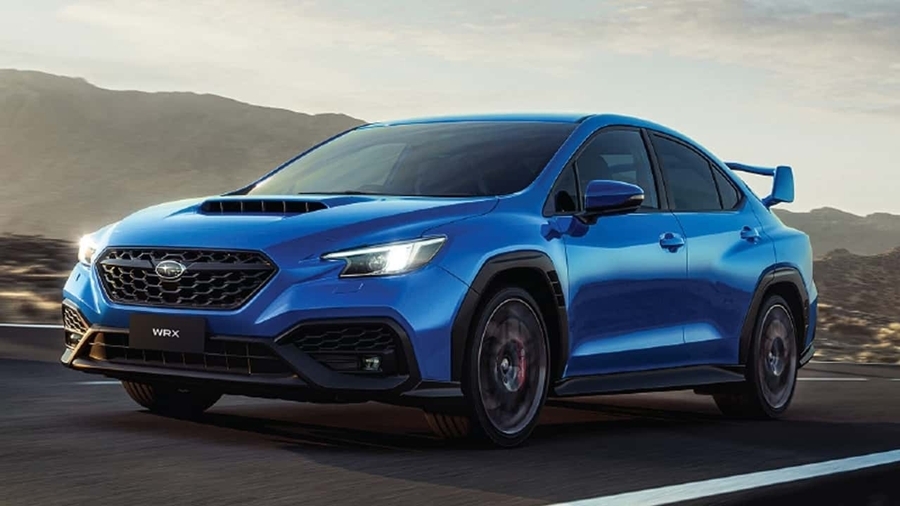
Subaru: Built for Adventure, Loved for Loyalty
- Standard AWD on nearly every model
- Fan favorites: Outback, Forester, Crosstrek, WRX
- Focus on safety, ruggedness, and outdoor appeal
- Uses flat “boxer” engines for low center of gravity
- Strong rally heritage with the WRX and STI
Subaru is the Japanese car brand you want if your weekends include mountains, snow, dirt roads—or all three. With standard all-wheel drive on nearly every model, Subaru has built its reputation on rugged reliability and go-anywhere capability.
Fan favorites like the Outback, Forester, Crosstrek, and WRX aren’t just popular—they’re practical, safe, and designed for real-life adventures. Subaru’s flat “boxer” engine gives its vehicles a low center of gravity, improving balance and handling, especially in slippery conditions.
Their symmetrical AWD system isn’t just a marketing gimmick—it works. It gives drivers the confidence to tackle icy roads, muddy trails, and steep inclines with ease.
As a Japanese car brand, Subaru has also earned serious loyalty from its owners. Their vehicles are built to last, and their cult following proves it. From the WRX’s rally heritage to the family-friendly Forester, there’s something in the lineup for almost every lifestyle.
Subaru owners don’t just drive their cars—they rely on them. And as a mechanic, I can vouch: treat a Subaru right, and it’ll treat you right back. Sure, they have their quirks (don’t skip those oil changes!), but their longevity is no joke.
For a Japanese car brand that blends adventure, safety, and all-weather dependability, Subaru is hard to beat.

Mazda: Driving Joy in Every Curve
- Emphasizes fun-to-drive handling and design
- Top models: Mazda3, Mazda6, CX-5, MX-5 Miata
- “Zoom-Zoom” philosophy rooted in performance
- Stylish interiors rival entry-level luxury
- Known for SkyActiv technology for efficiency and power
Mazda is a Japanese car brand that brings passion and precision to everyday driving. Its “Zoom-Zoom” philosophy isn’t just a slogan—it’s a commitment to crafting vehicles that are as fun to drive as they are beautiful to look at.
From the nimble Mazda3 and sleek Mazda6, to the versatile CX-5 and iconic MX-5 Miata, Mazda offers a lineup that combines sporty handling with eye-catching design. The MX-5 Miata, in particular, is a global favorite—lightweight, responsive, and pure driving joy on four wheels.
Mazda’s interiors also punch above their weight. With high-quality materials and clean, driver-focused layouts, they often rival entry-level luxury brands. But what really sets this Japanese car brand apart is its SkyActiv technology, which maximizes fuel efficiency without sacrificing performance. Whether it’s a sedan, SUV, or convertible, every Mazda is engineered to feel responsive and well-balanced on the road.
While Mazda might not have the sales volume of Toyota or Honda, it more than makes up for it with brand loyalty. Drivers who choose this Japanese car brand tend to stick with it—and once you’ve experienced that perfect curve in a Mazda, it’s easy to understand why.
If you’re looking for a car that brings a little spark back to your daily drive, Mazda should be high on your list.

Lexus: Luxury Without the Fuss
- Toyota’s premium division launched in 1989
- Models include RX, ES, IS, and LS
- Combines comfort, quiet ride, and Toyota reliability
- Offers hybrid luxury models
- Competes with BMW, Audi, and Mercedes at a lower cost
Lexus is the Japanese car brand that proves luxury doesn’t have to come with sky-high maintenance costs. As Toyota’s premium division, launched in 1989, Lexus delivers refined performance, premium interiors, and legendary reliability—all without the drama often associated with European luxury vehicles.
Flagship models like the RX, ES, IS, and LS consistently impress in comfort, technology, and craftsmanship. The RX SUV is a standout in its class, offering a plush ride and ample space, while the LS sedan competes with BMW and Mercedes on quality—often at a lower price point.
Lexus also leads among Japanese car brands when it comes to hybrid luxury. With eco-conscious options like the RX Hybrid and ES Hybrid, drivers get exceptional fuel economy without sacrificing smooth performance. Inside, Lexus cabins are filled with soft-touch materials, quiet insulation, and thoughtful design touches that make every trip feel first-class.
What truly sets this Japanese car brand apart is its combination of upscale features and Toyota-engineered durability. Lexus vehicles don’t just look good—they last. As a mechanic, I’ve seen countless Lexus models rack up hundreds of thousands of miles with minimal issues.
For drivers who want premium comfort without the headaches of German engineering, Lexus is a smart and stylish choice.
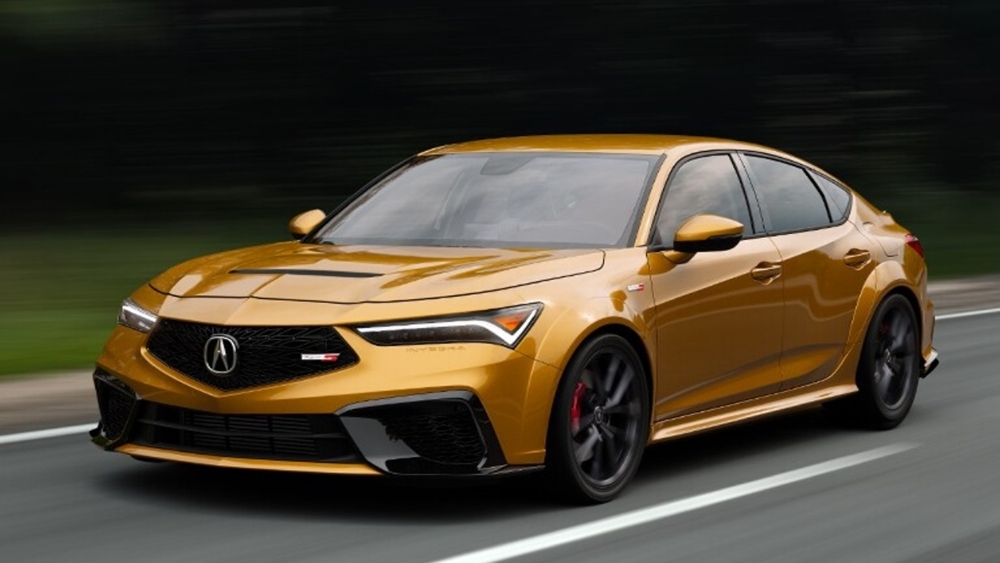
Acura: Sporty Luxury with Honda Roots
- Honda’s luxury division, launched in 1986
- Key models: TLX, MDX, RDX, Integra
- Offers sharp styling and performance
- Emphasis on value-driven luxury
- Performance trims like Type S return to form
Acura is a Japanese car brand that blends the reliability of Honda with an upscale, performance-oriented edge. Launched in 1986 as Honda’s luxury division, Acura has carved out its own niche by focusing on value-driven luxury and sharp driving dynamics.
Key models like the TLX, MDX, RDX, and the newly reimagined Integra showcase Acura’s ability to deliver bold styling, strong engines, and interiors loaded with advanced tech. The TLX Type S and MDX Type S are proof that Acura hasn’t forgotten its performance roots—these trims bring turbocharged excitement to the daily commute.
Inside an Acura, you’ll find a well-balanced mix of comfort and driver-focused design. Whether you’re behind the wheel of a midsize SUV or a sport sedan, the ride is smooth, engaging, and unmistakably premium without veering into overpriced territory.
As a Japanese car brand, Acura emphasizes smart engineering and long-term reliability—backed by Honda’s stellar track record. And while it may not have the name recognition of Lexus or European rivals like BMW and Audi, Acura consistently offers more features for the money. From precise steering to intuitive infotainment systems, everything feels polished and purpose-built.
Acura is the brand for drivers who want a touch of performance, a dash of luxury, and the peace of mind that comes with dependable engineering. It’s luxury made practical—and just a bit rebellious.

Infiniti: Tech-Forward Luxury with Nissan DNA
- Nissan’s luxury division since 1989
- Top models: Q50, QX60, QX80
- Known for sleek styling and high-tech features
- Smooth V6 engines and comfortable rides
- Positioned between premium and luxury segments
Infiniti is a Japanese car brand that brings a sleek, high-tech take on premium driving, backed by the trusted engineering of its parent company, Nissan. Since launching in 1989, Infiniti has aimed to offer something a little different—luxury with a sporty edge and a strong emphasis on technology.
Top models like the Q50 sedan and SUVs like the QX60 and QX80 deliver smooth powertrains, comfortable rides, and stylish interiors. The V6 engines are a highlight—refined and responsive—making daily driving feel more dynamic than you’d expect in this price range.
As a Japanese car brand, Infiniti focuses on tech-forward features that rival European competitors. The dual-screen infotainment system, advanced driver assistance features, and premium audio systems show Infiniti’s commitment to staying modern. Its cabins are quiet and cleanly designed, giving off a premium feel without becoming overly flashy.
While Infiniti may not command the same market presence as Lexus or the Germans, it offers a compelling alternative for buyers looking for style, comfort, and value. The QX60, for example, is an excellent three-row SUV with luxury appointments and a smooth ride perfect for families. Meanwhile, the Q50 remains a go-to for those who want sedan comfort with a little athleticism.
Infiniti continues to evolve—sharpening its brand identity and embracing electrification in future models. If you want a luxury experience that’s a little under the radar but still checks all the right boxes, Infiniti is worth a serious look.

Suzuki: Small Cars, Big Global Impact
- Popular in Asia, India, and Europe
- Specializes in compact cars and motorcycles
- Known for efficiency and affordability
- Models like Swift and Jimny are global hits
- Pulled out of U.S. market in 2012
Suzuki may have exited the U.S. market in 2012, but globally, this Japanese car brand is still a major force—especially in Asia, India, and parts of Europe. Known for its compact cars and motorcycles, Suzuki specializes in making vehicles that are affordable, efficient, and surprisingly fun to drive.
The Suzuki Swift continues to be a best-seller in multiple countries thanks to its nimble handling and value-packed features. Meanwhile, the Jimny—a pint-sized 4×4—is beloved by off-road enthusiasts for its rugged capability and retro charm. It’s proof that a small Japanese car brand can build a serious adventure vehicle.
Though it doesn’t have the same luxury aspirations as Lexus or Infiniti, Suzuki focuses on practicality and reliability—qualities that matter most to everyday drivers. Its lineup may be compact, but it’s thoughtfully engineered to suit crowded cities, tight budgets, and high fuel prices.
As a Japanese car brand, Suzuki also maintains a strong presence in the motorcycle world, with models like the GSX-R and V-Strom earning respect from riders globally. It’s a multifaceted company that has earned a loyal customer base by keeping things simple, durable, and accessible.
While U.S. drivers may not see new Suzukis on the lot, the brand continues to grow and evolve worldwide. Its no-nonsense approach to mobility, combined with an eye for clever design, keeps Suzuki relevant in places where efficiency and size truly matter.
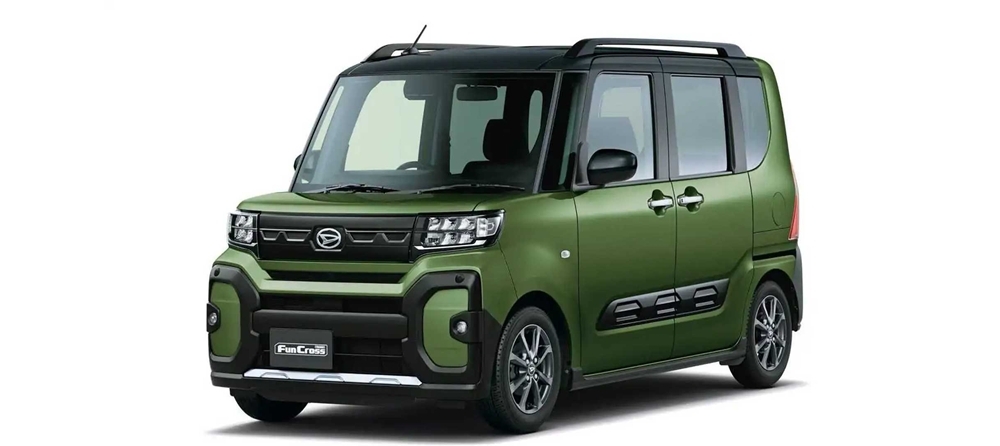
Daihatsu: Japan’s Kei Car Specialist
- Subsidiary of Toyota
- Focused on ultra-compact kei cars
- Known for vehicles like the Tanto and Mira
- Big presence in Southeast Asia
- Rarely seen outside Japan
Daihatsu is a Japanese car brand with a small footprint and a huge impact—especially in its home country. As a subsidiary of Toyota, Daihatsu specializes in kei cars, Japan’s ultra-compact vehicles designed to maximize space, efficiency, and maneuverability within strict size and engine regulations.
Models like the Tanto, Mira, and Move are tailored for city life, offering surprising interior space in a tiny package. These cars might look toy-like to American eyes, but in Japan, they’re everyday heroes—zipping through narrow streets, fitting in tight parking spots, and sipping fuel like a pro.
As a Japanese car brand, Daihatsu focuses on simplicity, cost-effectiveness, and practicality. Its vehicles are easy to maintain, which makes them extremely popular in both urban Japan and emerging markets across Southeast Asia. The brand’s reach extends far beyond Japan’s borders, especially in countries like Indonesia and Malaysia, where compact, affordable cars are in high demand.
Though Daihatsu pulled out of most Western markets years ago, it remains deeply woven into Japan’s domestic automotive culture. You won’t find plush leather interiors or throaty engines here—just smart, space-efficient engineering that works.
For anyone curious about the future of urban mobility, Daihatsu is a name worth knowing. It’s not flashy, but it represents a very real and growing segment of practical transportation. In a world where cities are getting more crowded and sustainability matters more than ever, Daihatsu’s approach might just be ahead of its time.
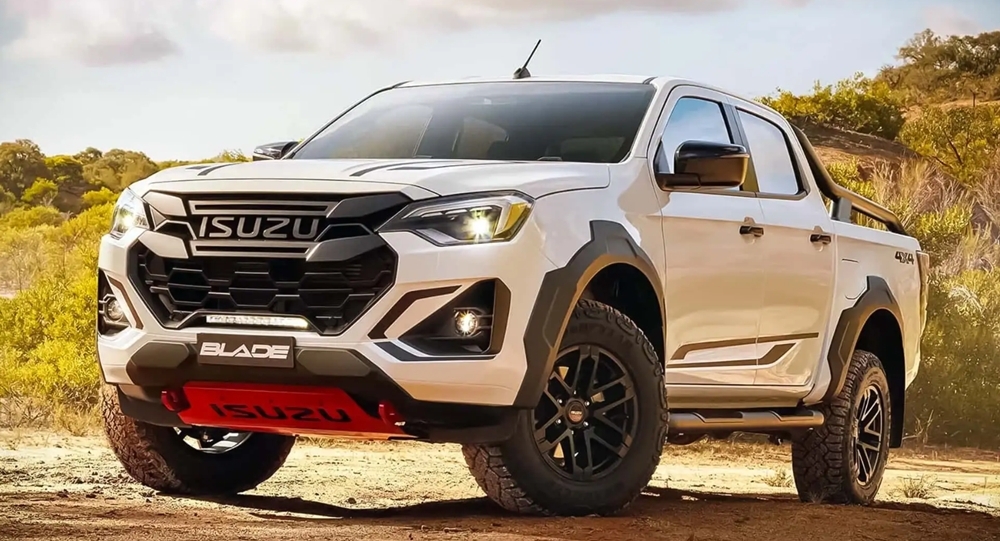
Isuzu: Heavy-Duty Diesel Power
- Specializes in trucks, buses, and commercial vehicles
- Known for diesel engines and reliability
- Common in fleet and construction industries
- Formerly sold pickups and SUVs in the U.S.
- Big global presence in commercial transport
Isuzu is a Japanese car brand that doesn’t focus on flashy consumer vehicles—but when it comes to trucks, diesels, and durability, it’s a global heavyweight. Best known for commercial vehicles, buses, and medium-duty trucks, Isuzu has carved out a reputation as one of the most reliable names in the commercial transport industry.
Their diesel engines are legendary, often running hundreds of thousands of miles with minimal issues. From delivery trucks to construction-site workhorses, Isuzu builds machines that are designed to take a beating and keep on going. Fleet managers worldwide swear by Isuzu for its low cost of ownership and hard-earned dependability.
Although this Japanese car brand exited the U.S. passenger car market years ago, its influence remains strong. Isuzu’s diesel powertrains still show up under the hoods of vehicles sold under other badges, and they remain a go-to choice in countries where durability and longevity matter more than trim packages.
Models like the D-Max pickup—still sold internationally—prove that Isuzu can mix everyday usability with serious utility. It may not have the marketing muscle of bigger Japanese brands, but in places where vehicles work for a living, Isuzu is a household name.
Need mechanic? Find one on the Mobile Mechanic Directory
Final Thought: Why Japanese Car Brands Still Lead the Pack
Each Japanese car brand brings something unique to the garage:
- Toyota and Honda lead in reliability and volume.
- Mazda and Subaru offer driver-focused fun and ruggedness.
- Nissan blends performance and tech at a mid-range price.
- Lexus, Acura, and Infiniti provide luxury with fewer headaches.
- Suzuki, Daihatsu, and Isuzu dominate in their respective niches.
What unites them all? A relentless focus on quality, efficiency, and user experience. And it shows in their resale values, customer loyalty, and mechanic-approved durability.


